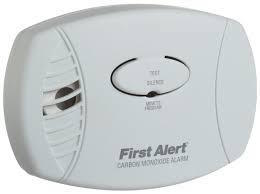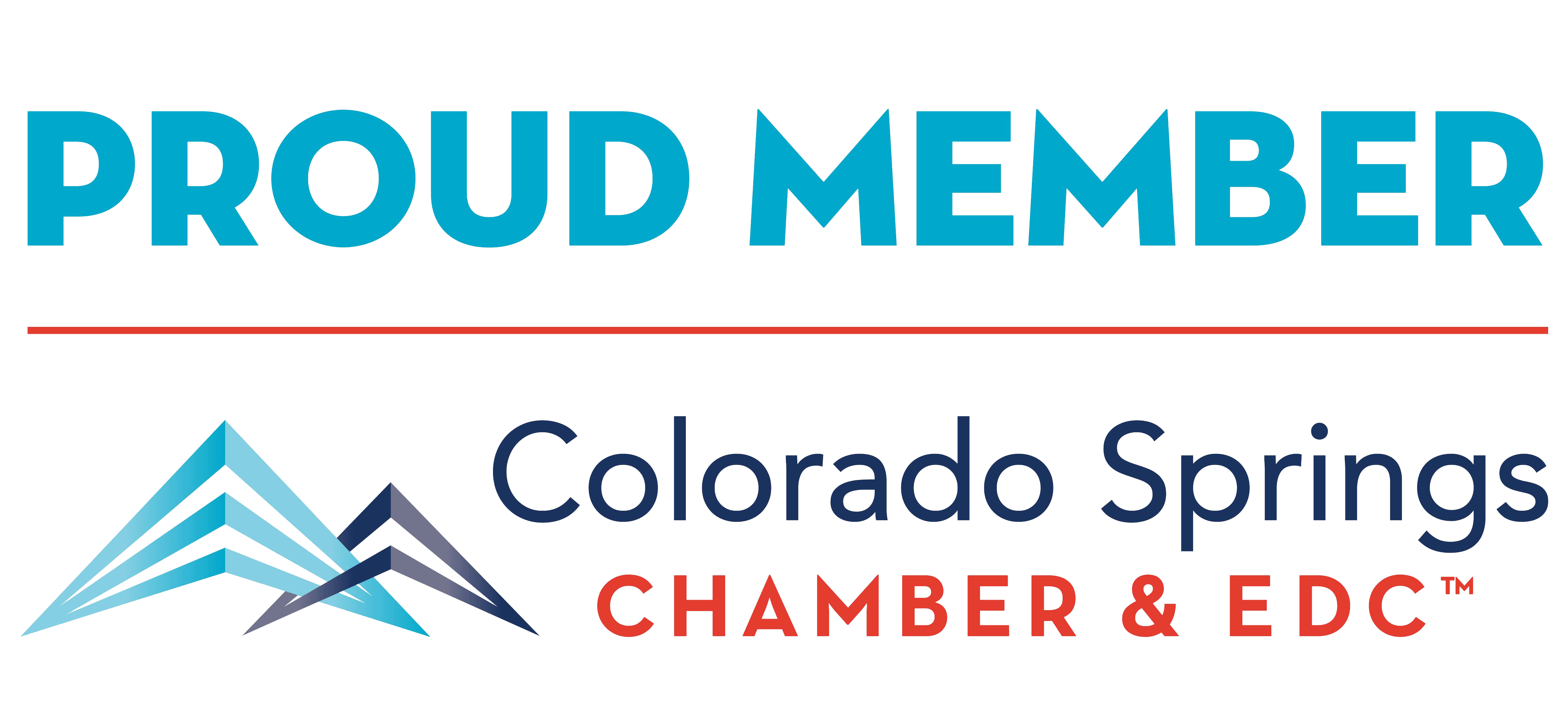Colorado Carbon Monoxide Poisoning on the Rise - Install a CO Detector to Protect Your Family!
According to local news KOAA, 13 people have already been treated at Memorial Hospital this winter for Carbon Monoxide (CO) poisoning. This happens in the winter months, due to heaters that are not functioning correctly. The gas is odorless and colorless, and can hit you in your sleep, so you don't notice the affects: headache, nausea, and vomiting being some of the symptoms. Unfortunately, one of the symptoms is also unconsciousness, which explains how the gas known as the Silent Killer can do its job so well at night. CO is produced by natural gas that does not burn completely because it doesn't have enough oxygen. Since most heaters use natural gas as their source, nearly everyone can be at risk. When CO is present, the body absorbs it easily, and the deadly gas replaces the oxygen in your blood. If the house is closed up tight, or there is a fire going in the fireplace, this decreases the lack of oxygen present in the home. What should you do if you think your family is experiencing CO poisoning? CSU.org says:
- Leave the premises and get fresh air immediately.
- Call 9-1-1 or 448-4800.
- If experiencing the flu-like symptoms of CO poisoning, seek medical attention.
- Call your heating fuel supplier or a licensed heating contractor for an emergency inspection.
- Do not return to your home or business until the source of CO has been discovered and the problem has been corrected.
Above all, be proactive, and make sure a working Carbon monoxide Detector is installed in your home!
For a reality check on what its like to experience Carbon Monoxide poisoning up close and personal, watch the videos below from the Carlisle family, who actually experienced CO poisoning.
Read more at Koaa.com: http://www.koaa.com/story/30960717/your-healthy-family-spike-in-carbon-monoxide-poisonings Read more at csu.org: https://www.csu.org/pages/carbon-monoxide.aspx















